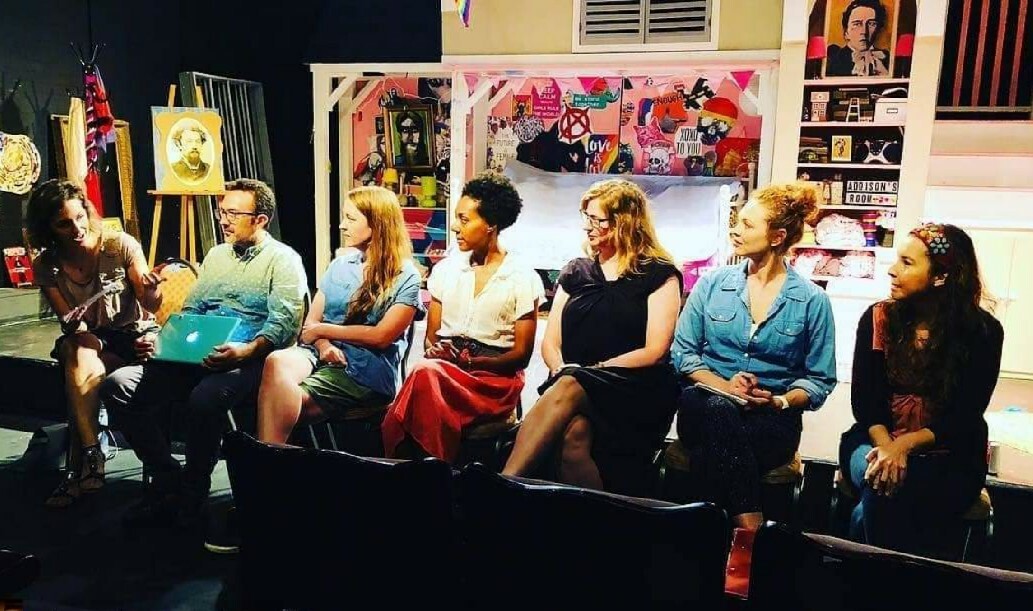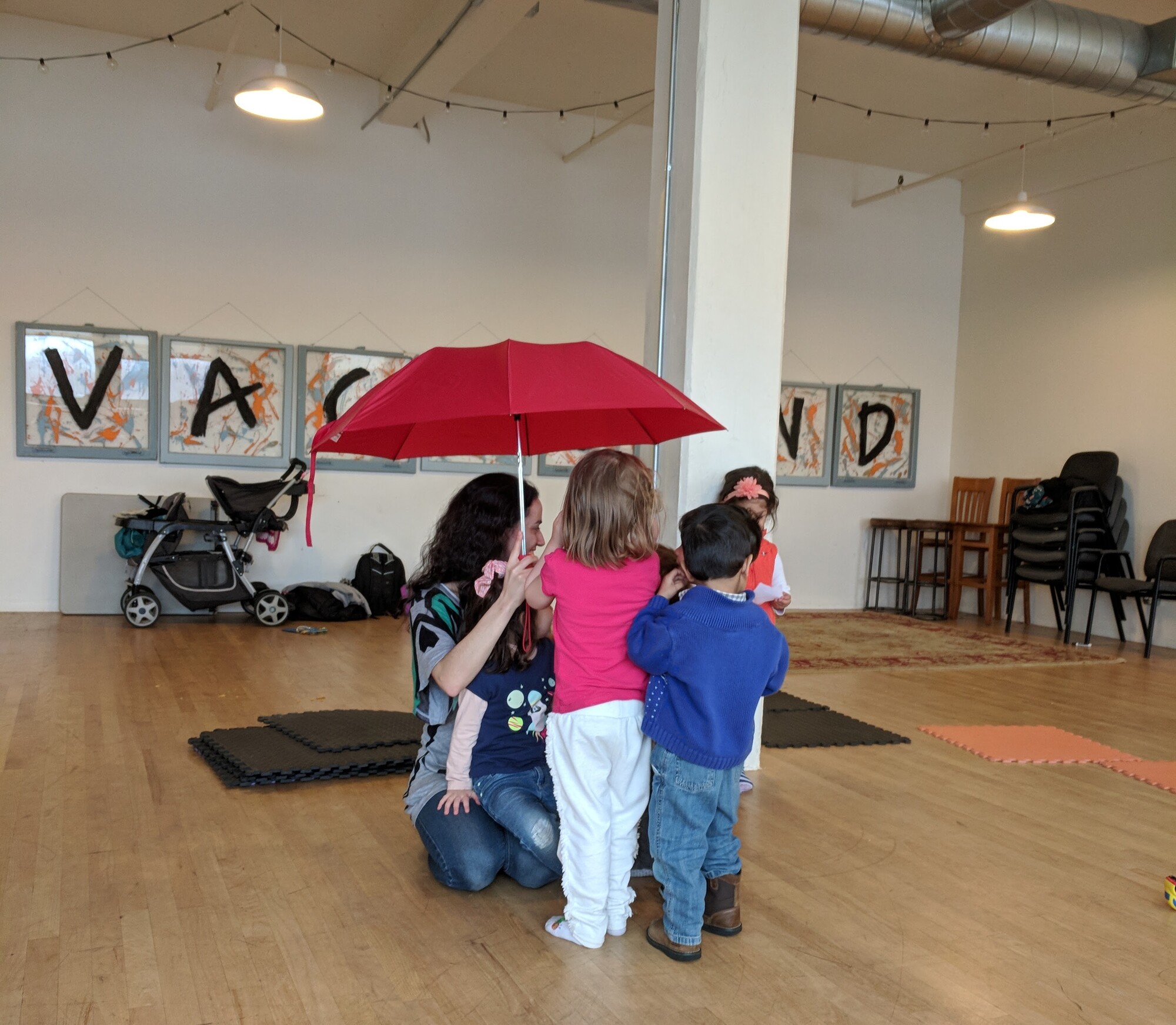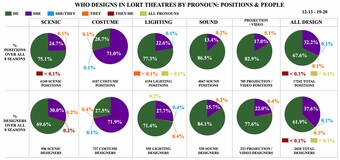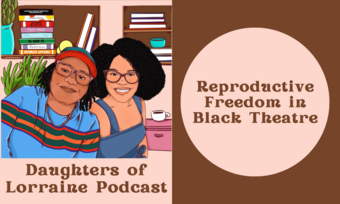Intentionally expand accommodation and support to include adoptive parents and foster caregivers.
Who we harm if we do not include adoption and foster care in structural accommodation and support:
While pregnancy becomes a visual opportunity for discrimination in the workplace and postpartum bodies continue to be shamed, foster care or adoptive parents’ invisible preparation and efforts are at risk of structural neglect. We have also received stories about double standards in treatment from parents who have adopted, instances where institutions made adjustments for birth parents but did not consider adoptive parents’ needs as valid reasons for adjustment. Many individuals experience discriminating language as well. Once an adoption process is completed, the “adoptive” modifier should be dropped from the term “adoptive parent” unless clarifying specific adoption benefits. In conversation and indirect reference, the “adoptive parent” is legally, financially, logistically the parent—no modifier needed—and should be referred to and supported as such.
In addition to experiencing discrimination as individuals, parents of color who adopt experience further silencing and erasure by society and popular culture. All institutions that affect economy—in the case of the theatre, art as well—must investigate their responsibility in suppressing experiences and therefore influencing public perspective. As professor and adoptive single mother of color Nefertiti Austin writes, “We do adopt, but popular culture ignores us, instead highlighting white starlets who adopt internationally or transracially.” This quote also highlights the unsurprising but tragic reality: human stories that go unsupported in culture and institutional structure fail to show up in our storytelling. As one of our expert leadership testimonies in the handbook, Nataki Garrett provides insight to the reality of foster care and adoption. As a woman of color, she received the same rarity narrative from social workers. As a theatre artist, she experienced a severe institutional lack of awareness to the realities that adoption and foster care charges can appear overnight. Preparing for the flexibility of allowing staff and artists to respond to these calls is possible when the institutions have adequate preparation and a commitment to dynamic lives for their staff and artists. Nataki empowers her own artists by telling them, “You should be able to ask for what you need and have support for what you need without risking your opportunities.”
Who we support if we include adoption and foster care in structural accommodation:
While anyone who experiences a life shift has the right to pursue other career options, the stories that should concern us are the parents who are unable to continue their careers or experience tremendous strain due to lack of institutional education, awareness, and support. Most of the adoptive parents interested in speaking about the process were committed to the theatre and continuing their professional paths but also had clear insight into the crucial need for structural overhaul in how institutions provide for adoptive parents. Again, the intentional inclusion is necessary: does your institution celebrate biological mothers and births but deny support for adoptive mothers?
In a featured interview in the handbook, Amanda Frangoulis noted that, “When an employee wants to adopt, the employer should acknowledge and treat the family and the child like they would a biological child and their family.” The nuance of potential for double standards in treatment also provide the opportunity for conversations on equity within an institution’s structure.
[I]ntentional inclusion is necessary: does your institution celebrate biological mothers and births but deny support for adoptive mothers?
Solutions like schedule adjustment, flexible work, job share, and increasing telecommunication provisions can increase opportunity for higher productivity when the time frames are more concentrated.
When our structures seek to support the most vulnerable, the application of equity and inclusion deepens, and affects the entire company. The interconnected nature of accessibility between individuals and institutions highlights a core of our philosophy, which believes that as a whole, parent artists are doing the work and making adjustments; the work they are doing will have higher productivity when met with structures better made to receive their contributions. Our handbook aims to serve as a bridge between the two, founded on the insight that the better an institution prepares to help parents, the better supported the institution itself will be when accommodations are needed, because expectations and boundarie will be built with an awareness of need. Institutions should be advised that no parent is ever obligated to share any personal information of their family, family-planning, or needs, so to help connect with your staff and freelance artists, we recommend work-culture conversations that create openness and transparency, beginning with PAAL Steering Committee Member Devon Berkshire’s piece on HowlRound: Creating a Family-Friendly Work Environment. The more understanding there is between institutions and parent employees, the clearer our theatres will manifest exemplary work structures that consider humanity and tell stories that better engage with the vulnerability, dynamic, and reality of caring for humanity.











Comments
The article is just the start of the conversation—we want to know what you think about this subject, too! HowlRound is a space for knowledge-sharing, and we welcome spirited, thoughtful, and on-topic dialogue. Find our full comments policy here